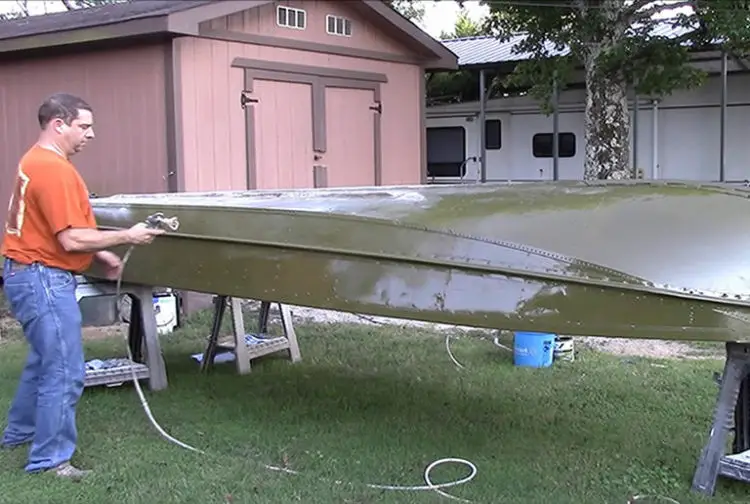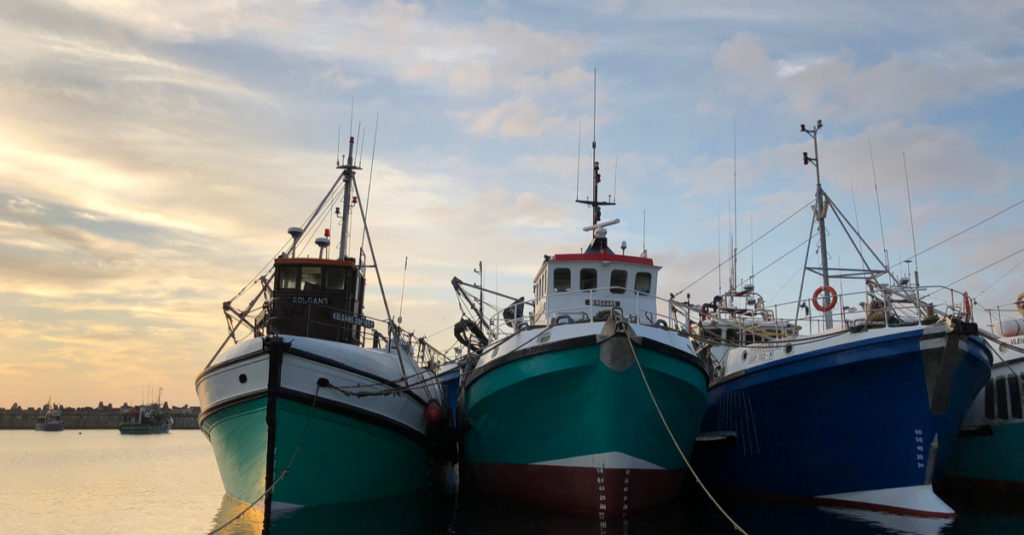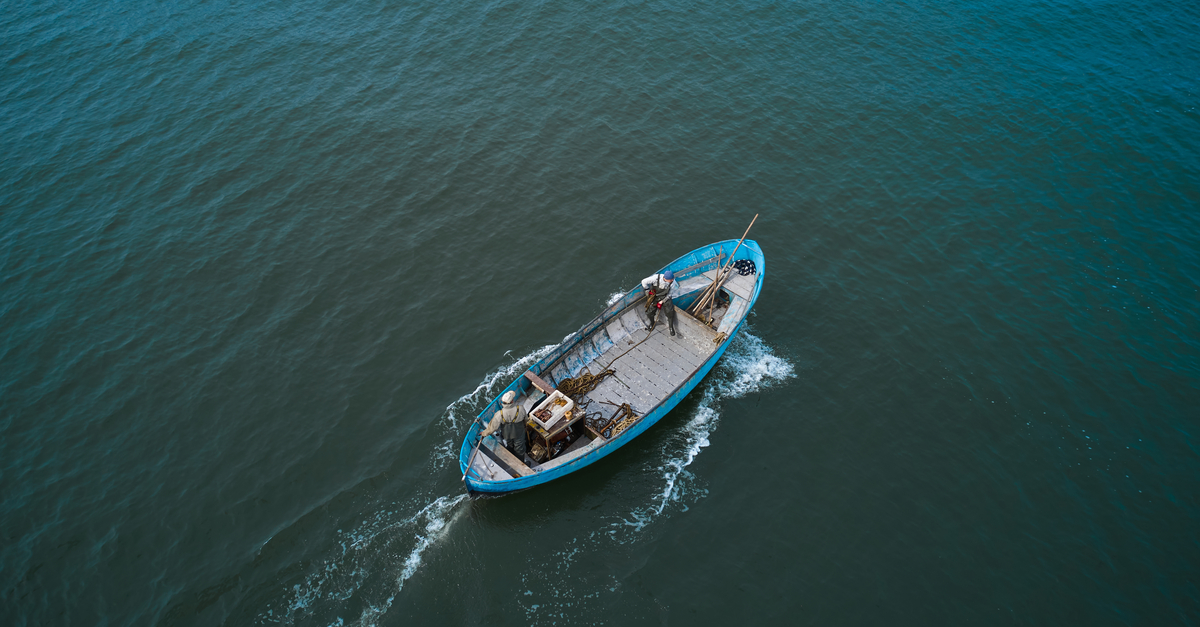Best Plans to Build a Boat: Choosing the Right One for You
Building your own boat is a rewarding challenge, a blend of meticulous craftsmanship and satisfying creation. But before you dive into the exciting world of woodworking and fiberglass, you must choose the right boat plans. This decision hinges on a number of crucial factors, from your experience level and available resources to your envisioned use for the vessel. Ignoring these elements can lead to frustration, delays, and even a project that remains unfinished. This guide helps you navigate the process and select the perfect set of plans.
Assessing Your Skill Level and Resources
Honesty is paramount when evaluating your capabilities. Beginning boat builders should avoid ambitious projects like intricate sailing yachts or large motorboats. Start small. A simple kayak, canoe, or small dinghy offers a fantastic learning experience without overwhelming you with complexity. These smaller projects allow you to master fundamental techniques like woodworking joints, fiberglass layup, and basic rigging before tackling more demanding designs.
Considering Your Tools and Space
Building a boat requires specialized tools. A basic set includes hand planes, saws, chisels, clamps, and potentially power tools like a drill press, sander, and router. If you're working with fiberglass, you'll need safety equipment such as respirators and gloves. Additionally, you'll need adequate workspace – a clean, dry, and spacious area is crucial to avoid damage to materials and ensure accurate construction. Consider renting equipment or tools if you lack them, but factor this into your budget.
Choosing a Material: Wood vs. Fiberglass
The choice between wood and fiberglass significantly impacts the build process. Wood offers a classic aesthetic and satisfying craftsmanship, but requires considerable woodworking skills and experience. Fiberglass, on the other hand, is more forgiving for beginners, offering a durable and watertight hull with a quicker build time. However, fiberglass work requires proper safety precautions and specialized materials.
Defining Your Boat's Purpose and Size
Your intended use directly influences the boat's design. A fishing boat needs different features than a sailboat designed for cruising. Consider factors like:
- Intended Use: Fishing, sailing, recreation, racing, etc.
- Water Conditions: Calm lakes, open ocean, rivers, etc.
- Number of Passengers: Capacity and seating arrangements.
- Desired Speed and Performance: Hull shape and engine requirements.
Once you have a clear picture of your requirements, you can determine the appropriate size and type of boat. Remember that bigger doesn't always mean better, especially for beginners. Start with a manageable size to avoid overwhelming yourself during the construction phase.
Finding and Evaluating Boat Plans
Numerous sources offer boat plans, ranging from free online designs to professionally drafted plans from reputable suppliers. Scrutinize plans carefully before purchasing. Look for detailed instructions, clear diagrams, material lists, and ideally, customer reviews. Consider whether the plans include a builder's support system, as access to expert assistance can be invaluable when encountering challenges.
Exploring Different Plan Sources
Online marketplaces like Etsy and specialized boat plan websites offer a vast selection. Magazines dedicated to boating often include plans for smaller projects. Libraries and nautical museums sometimes have plan collections, providing a fascinating insight into historic boat designs. However, always check the plan's reputation and verify the source's credibility before making a purchase.
Checking for Completeness and Clarity
High-quality boat plans should be comprehensive and unambiguous. They must include detailed diagrams, accurate measurements, a complete parts list, and step-by-step instructions. Ambiguous instructions or missing information can lead to costly mistakes and significant project delays. Don't hesitate to contact the plan provider with questions before purchasing to assess their responsiveness and the clarity of their support.
Building your own boat is a journey of skill and patience. By carefully considering your skill level, available resources, and the intended use of the boat, and by selecting the right plans from a reputable source, you can embark on this rewarding endeavor with confidence and ensure a successful outcome.























